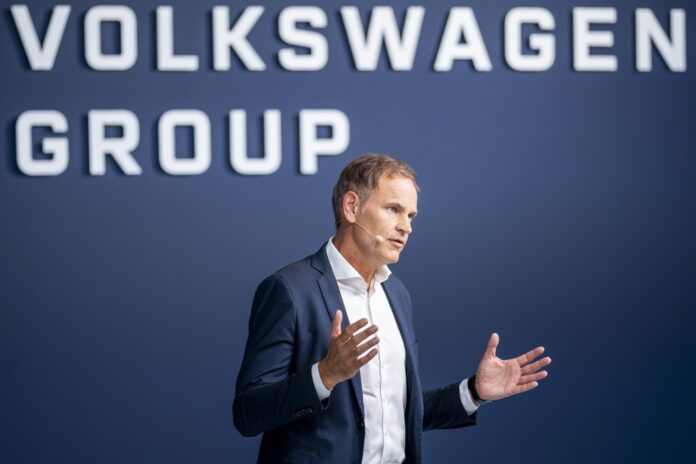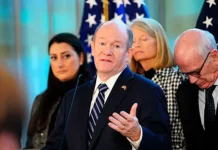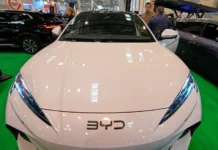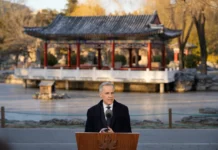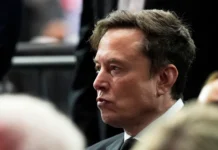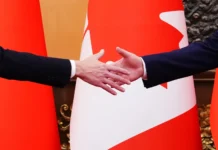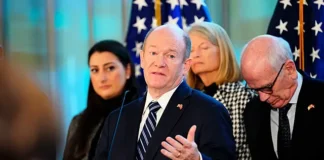Volkswagen’s chief executive has revealed that escalating trade tensions and tariffs have already cost the German auto giant billions of euros, putting pressure on its global operations.
According to Reuters, CEO Oliver Blume said the group’s financial performance has been directly hit by tariffs imposed on car exports to the United States and China, two of Volkswagen’s most critical markets. He noted that the ongoing trade disputes have created uncertainty that is reshaping supply chains and dampening consumer demand.
The Financial Times reported that tariffs on European car imports into the U.S. alone have added significant costs to Volkswagen’s American operations. The company, which has a strong market presence through brands such as Audi and Porsche, is now facing higher production expenses as it navigates the added burden of taxes on imported vehicles and components.
Blume emphasized that while Volkswagen is exploring ways to mitigate the impact, the tariffs have already eaten into margins.
According to Bloomberg, China, Volkswagen’s largest market, has also introduced retaliatory tariffs that have further strained the automaker’s performance.
The company’s dependence on the Chinese market, where it sells nearly 40 percent of its vehicles, has left it especially vulnerable. Analysts warn that if the trade standoff persists, Volkswagen could be forced to reconsider its expansion plans in the region.
The Wall Street Journal noted that Volkswagen is ramping up efforts to localize production in both the U.S. and China to reduce exposure to cross-border trade taxes. However, building new facilities and strengthening local supply chains will take time, and the financial toll from tariffs will remain significant in the short term.
Industry experts say the tariffs come at a critical moment for the global auto sector, which is already grappling with the costly transition to electric vehicles and tightening environmental regulations.
For Volkswagen, the additional strain could slow down investments in innovation and new mobility technologies, leaving the company with tough strategic choices.
Sources: Reuters
Written By Ian Maleve









